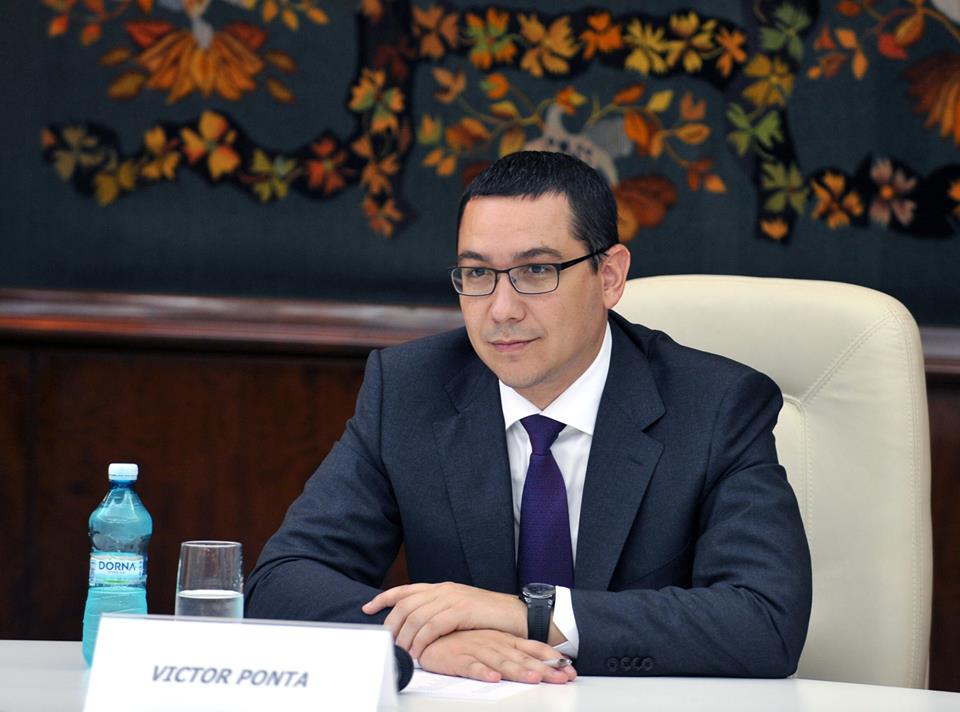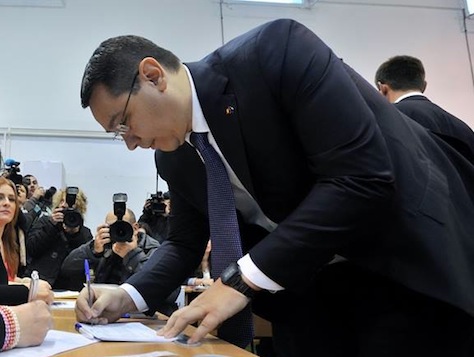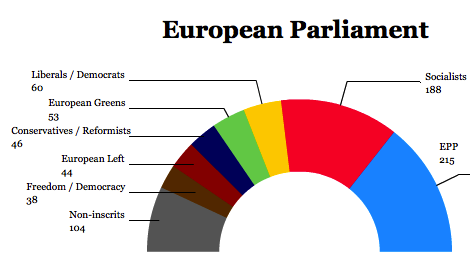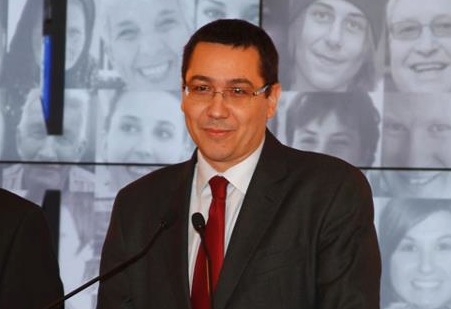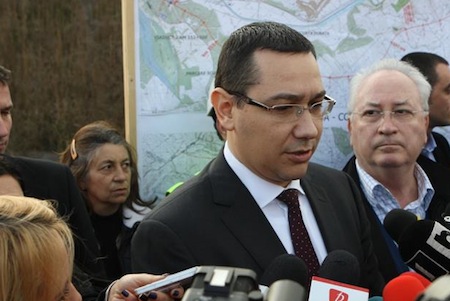When a country’s prime minister is targeted in a corruption inquiry, you’d expect him to protest vigorously, using every political and governmental lever to bolster his support.![]()
Faced with his own troubles and an investigation by Romania’s National Anti-Corruption Directorate (known by its Romanian acronym DNA), prime minister Victor Ponta has apparently done the opposite — citing the need for recovery from a knee surgery, Romania’s prime minister notified the country that he would be stepping down on an interim basis of up to 45 days. For now, deputy prime minister Gabriel Oprea is now the acting prime minister while Ponta remains in Istanbul recuperating.
It’s an odd decision, though, and Ponta’s decision to leave the country within days of corruption charges could embolden his political enemies, though his center-left Partidul Social Democrat (PSD, Social Democratic Party) and its allies have a strong majority in Romania’s parliament.
The National Anti-Corruption Directorate alleges that while working as a lawyer in 2007, Ponta (pictured above) received €40,000 for legal work that he didn’t perform from another attorney — who Ponta later appointed to his cabinet. For now, Ponta’s parliamentary majority refuses to lift his immunity, and his allies are even threatening to weaken the anti-graft laws under which the DNA has stepped up its scrutiny of the entirety of Romania’s political elite. The country consistently ranks among the most corrupt countries in the European Union alongside Bulgaria, both of which joined the European Union in 2007. Romania’s president Klaus Iohannis, a political rival who faced off against Ponta in last year’s presidential election, has already called on Ponta to step down. That’s unlikely — and fresh parliamentary elections in Romania aren’t due until 2016.
The chief prosecutor of the DNA, Laura Codruța Kövesi, has empowered the role of an institution that was founded only in 2002 — under her watch, the office won a conviction against Adrian Năstase, Romania’s prime minister between 2000 and 2004, on corruption charges, among many others.
Nevertheless, it’s odd that Ponta essentially sneaked out of the country for knee surgery on June 14, and it’s odd that Ponta sought to relinquish control as prime minister. Continue reading Could Romania’s corruption-tainted Ponta be gone for good?
